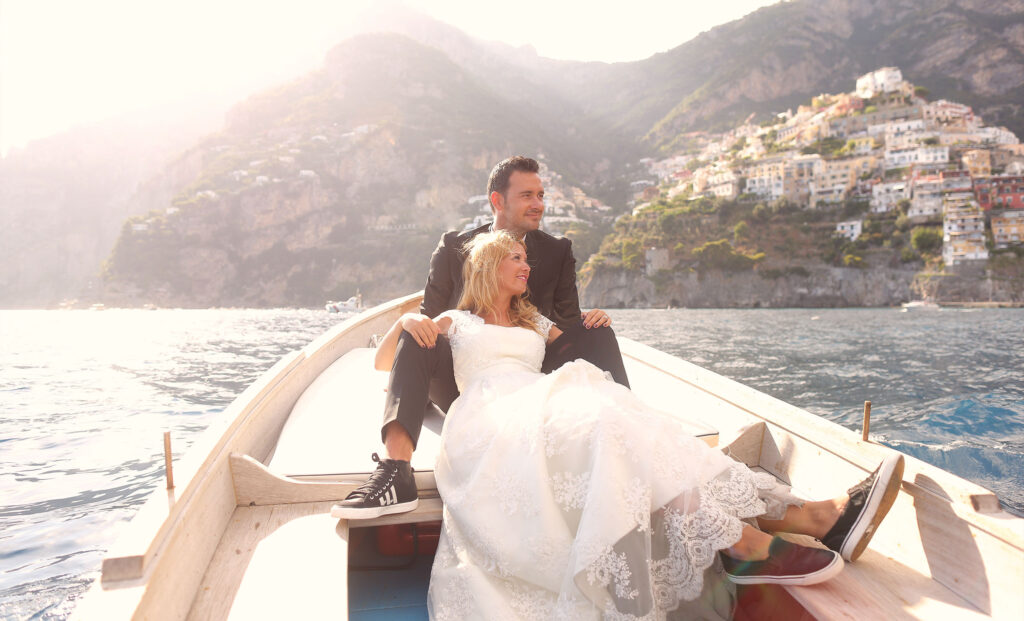Research and choose a location that fits your vision and budget.
Researching and choosing a location that fits your vision and budget is a crucial step in planning the perfect destination wedding. The location sets the tone for the entire event, so it’s important to find a place that aligns with your personal style and preferences.
When researching potential locations, consider factors such as the climate, the scenery, the accessibility, and the local culture. For example, if you’re looking for a tropical paradise, you may consider destinations such as Hawaii or the Caribbean. If you’re looking for a more rustic, natural setting, you may consider destinations such as a vineyard or a mountain resort.
It’s also important to consider the budget when choosing a location. Destination weddings can be more expensive than traditional weddings, so it’s important to find a location that fits within your budget. Research the cost of accommodations, venues, and vendors in the area to get a sense of what you can expect to spend.
Consider the time of year and weather conditions when planning your wedding date.
When planning a destination wedding, it’s important to consider the time of year and weather conditions when choosing a wedding date. The climate and weather can greatly affect the overall experience for both you and your guests, and can also impact your wedding plans.
The time of year can affect the availability of venues and vendors, as well as the cost of travel and accommodations for your guests. For example, peak season for a destination may be more expensive and crowded, while off-season may be less expensive but with less favorable weather conditions.
It’s also important to consider the typical weather patterns for the destination during the time of year you are considering. For example, if you’re planning a beach wedding, it’s important to consider the risk of hurricanes or other severe weather during the summer months. If you’re planning a winter wedding in a colder climate, it’s important to consider the potential for snow and ice, which could make travel difficult for your guests.
Hire a wedding planner or coordinator to help with the logistics and details of planning a destination wedding.
Hiring a wedding planner or coordinator to help with the logistics and details of planning a destination wedding can be extremely beneficial. A professional planner or coordinator can help you navigate the often-complex process of planning a wedding in a foreign location, saving you time, money and stress.
One of the main benefits of hiring a planner or coordinator is that they will have a wealth of knowledge and experience to draw on. They will be familiar with the local vendors, venues and the legal requirements of the destination. They can help you find the right vendors, negotiate contracts and ensure that everything runs smoothly on the day of the wedding.
A planner or coordinator can also help you manage the guest experience, from the invitations to the accommodation and transportation. They can also assist with any language barriers that may arise and help you navigate any cultural differences that may affect your wedding plans.
Another benefit of hiring a planner or coordinator is that they can help you stay on budget. They can help you find cost-effective solutions and negotiate with vendors to get the best deals.
Plan travel and accommodations for your guests well in advance.
Planning travel and accommodations for your guests well in advance is an important aspect of planning a destination wedding. This will ensure that your guests have enough time to make necessary arrangements and that they are able to secure comfortable and affordable accommodations.
When planning travel and accommodations, consider the needs and preferences of your guests. Some guests may prefer to stay in a hotel, while others may prefer a more private rental property. Some may want to be close to the wedding venue, while others may prefer a more secluded location.
It’s also important to consider the cost of travel and accommodations for your guests. If your guests will be responsible for paying for their own travel and accommodations, be sure to provide them with a list of affordable options that are close to the wedding venue.
Additionally, consider providing information on rental cars, public transportation, and even group travel options. This can help guests make their travel arrangements more easily, and it can also help to keep the cost of travel down.

Make sure to have a backup plan in case of inclement weather or other unforeseen events.
Having a backup plan in case of inclement weather or other unforeseen events is crucial when planning a destination wedding. The weather and other unpredictable factors can greatly impact your wedding plans, so it’s important to be prepared for any eventuality.
A backup plan can include having a plan B for the ceremony and reception venues in case of bad weather. This could mean having a covered area or a tent available as a backup plan in case of rain, or having a backup indoor venue in case of extreme heat or cold.
It’s also important to consider other unforeseen events that may impact your wedding plans. This can include transportation delays, power outages, or even natural disasters. Having a plan in place for how to handle these situations will help you and your guests stay safe and ensure that your wedding can still take place.
Additionally, consider having a plan to communicate with your guests in case of any unforeseen events. This can include having a contact list of all your guests and a way to reach them in case of emergency, or providing updates on your wedding website or social media.
Research and hire reputable local vendors, such as a caterer, florists, and photographers.
Researching and hiring reputable local vendors, such as caterers, florists, and photographers, is essential when planning a destination wedding. These vendors can play a crucial role in the success of your wedding and it’s important to ensure that they are professional, experienced, and can provide the services you need.
One of the main benefits of hiring local vendors is that they are familiar with the destination and have a good understanding of the local culture, customs, and regulations. They will also have a good understanding of the local climate and weather, which can greatly impact your wedding plans.
Hiring local vendors can also be more cost-effective. They won’t have to travel as far, so their costs will be lower, and they may also have established relationships with other local vendors, which can help to keep costs down.
Be mindful of any cultural or legal requirements that may affect your wedding plans.
Being mindful of any cultural or legal requirements that may affect your wedding plans is crucial when planning a destination wedding. Different countries and cultures have their own unique customs, traditions, and laws that must be taken into account when planning a wedding in a foreign location.
Cultural considerations may include things like appropriate attire, customs surrounding the ceremony, and even the type of food that is served. It is important to research and understand the customs of the location where you are getting married, to ensure that you are not inadvertently offending anyone or breaking any cultural taboos.
Legal requirements may include obtaining necessary permits and licenses, understanding any legal requirements for marriage in the destination, and even understanding the legal implications of getting married in a foreign country. It is important to be aware of any legal requirements and to ensure that all necessary paperwork is in order before your wedding.

Communicate clearly with your guests about the details of the wedding and any expectations they should have.
Communicating clearly with your guests about the details of the wedding and any expectations they should have is an important aspect of planning a destination wedding. This will ensure that your guests have all the information they need to plan their trip and to have the best possible experience at your wedding.
The first step in communicating with your guests is to provide them with all the necessary details about the wedding, such as the date, time, and location of the ceremony and reception. It’s also important to provide them with information about the dress code, any cultural customs they should be aware of, and any other important details.
You should also provide your guests with information about travel and accommodations. This can include information about nearby hotels, transportation options, and any group travel arrangements you may have made.
It’s also important to set clear expectations for your guests. This can include any expectations you may have for attire, behavior, or even gift-giving. This will help your guests to understand what is expected of them and will ensure that everyone is on the same page.
Be prepared for additional costs that may come with planning a destination wedding.
Be prepared for additional costs that may come with planning a destination wedding, as it can be more expensive than having a wedding in your hometown. There are several factors to consider when budgeting for a destination wedding that may not be as relevant for a local wedding.
First, there are travel expenses to consider, such as airfare, hotel accommodations, and transportation for both you and your guests. These costs can add up quickly and should be budgeted for accordingly.
Second, you may have additional costs associated with obtaining the necessary legal documents and permits to get married in a foreign country. This can include fees for translation services, legal representation, and even additional legal requirements such as blood tests or vaccinations.
Third, you may need to pay for additional services, such as wedding planners or coordinators, to help with the logistics of planning a destination wedding. These professionals can help to ensure that your wedding runs smoothly and can provide valuable assistance with planning, coordination and even translation services.
Additionally, you may also have additional costs associated with the wedding itself, such as hiring local vendors, renting equipment or even paying for additional insurance.
In conclusion, be prepared for additional costs that may come with planning a destination wedding. There are several factors to consider when budgeting for a destination wedding that may not be as relevant for a local wedding, such as travel expenses, legal documents, additional services and additional costs associated with the wedding itself. Plan ahead and make sure to budget for these additional costs, so you can have a successful and enjoyable destination wedding.





